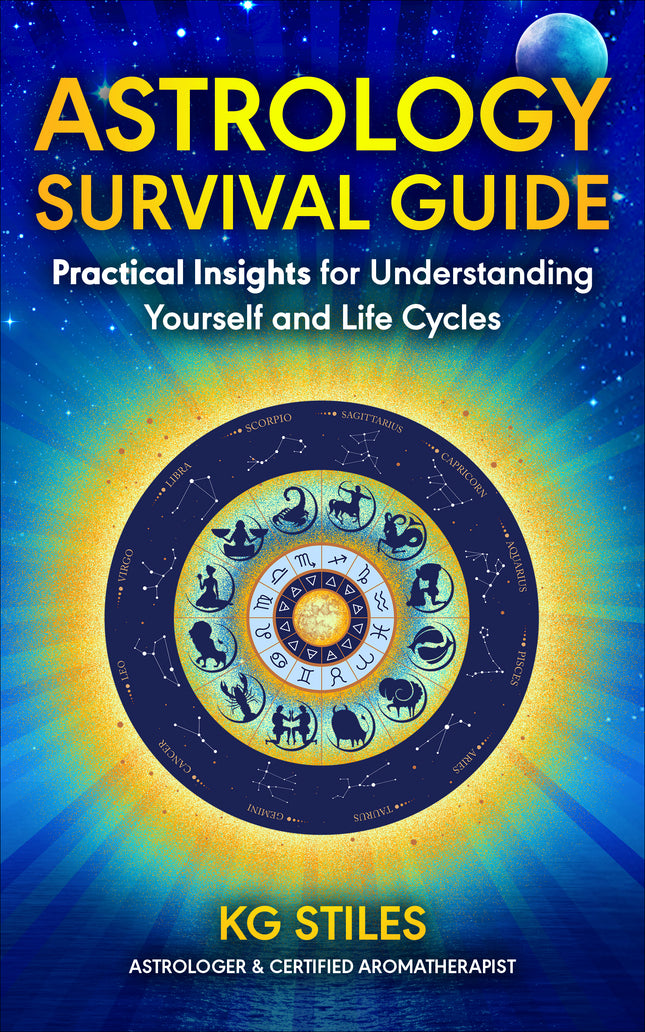 Intuitive Living - Your Practical Intuition at Work
Intuitive Living - Your Practical Intuition at Work
Your intuition is constantly at work guiding you. The more you listen and act on its guidance the better it will function for you. As you read this article, notice if any bells or whistles go off inside. Do you have any silent signals causing you to sit up and pay attention? If so, that may well be your intuition talking to you. You may wish to notice if there is any specific information that especially speaks to you and take action.
Acidosis Set-up for Disease
Chronic, low-grade acidosis can result as we age primarily due to our diet and the decline of renal (kidney) function for eliminating acids. An acid-forming diet can induce low-grade metabolic acidosis, which results in very small decreases in blood pH and plasma bicarbonate. Plasma bicarbonate helps maintain your body’s acid/alkaline balance. Even though your blood pH is within normal range, chronic low grade acidosis can result in many common health complaints, including declining bone mineral density.
Research is showing that consuming an abundance of alkaline-forming foods can improve bone mineral density (BMD) and muscle mass, as well as protect you from chronic illnesses, tumor-cell growth, and toxins. An alkaline pH state has also been shown to reduce harmful digestive-tract bacteria like Candida. Your gut plays a major role in increasing/maintaining blood alkalinity, so nourishing your gut microbiome with whole alkaline forming foods is one of your best strategies for supporting a balanced pH blood alkaline state. Click HERE for a pH Balancing Food Chart.
Studies show the health inducing effects of alkalinity on the gut microbiota is primarily caused by their antioxidant activity.
Although essential oils have no pH value because of their lipid quality (only water-based solutions have pH value), they do protect your body’s cells from the oxidative stress caused by acidosis through their antioxidant activity.
In fact, research has shown many essential oils to have potent antioxidant properties. Antioxidants are molecules that don’t allow another molecule to oxidize, breakdown and decay.
So, what does that mean for you?
It means that you want lots of antioxidants in your system because they inhibit the growth of oxygen molecules which result in cell death. Oxygen molecules (also known as free radicals) wreak havoc on whatever they come into contact with, like your body’s cell walls.
Oxidation is what causes food to rot and metal to rust.
As mentioned previously, manufacturers of processed foods are amping up their research on essential oils to use as natural preservatives in lieu of harmful chemicals like BHA and BHT.
Bottom line, you may want to consider creating an alkaline intercellular environment in lieu of an acidic one.
The two best ways to protect your health from this constant free radical assault is to eat foods that are 1) alkalizing and 2) high in antioxidants.
Studies have shown there is a direct correlation between dietary intake of antioxidant-rich foods and medicinal plants and the occurrence of human diseases.
The antioxidant potential of a wide variety of vegetables and fruits have been studied, i.e. berries, cherries, citrus, prunes, and olives and have all been shown to have high antioxidant activity.
Research also shows that green and black teas contain up to 30% phenolic compounds. Phenol containing plants are antioxidant rich with great free radical scavenging capacity.
Studies have shown many essential oils to have antioxidant properties. One such study on the composition of four essential oils distilled from the Origanum species from Turkey were shown to have significant antioxidant and anti-biofilm activity. The studied concluded that, “Essential oils of Origanum species may be of great value to industries that experience problems related to biofilms.” Biofilms are the thin, slimy film of bacteria that adhere to surfaces, making them very resistant and difficult to treat with antibiotics.
Essential oils highest in phenolic compounds include:
Cinnamon (Cinnamonum zeylanicum)
Clove (Eugenia caryophyllata)
Ginger (Zingiber officinale)
Oregano (Origanum vulgare)
Thyme (Thymus vulgaris)





Leave a comment